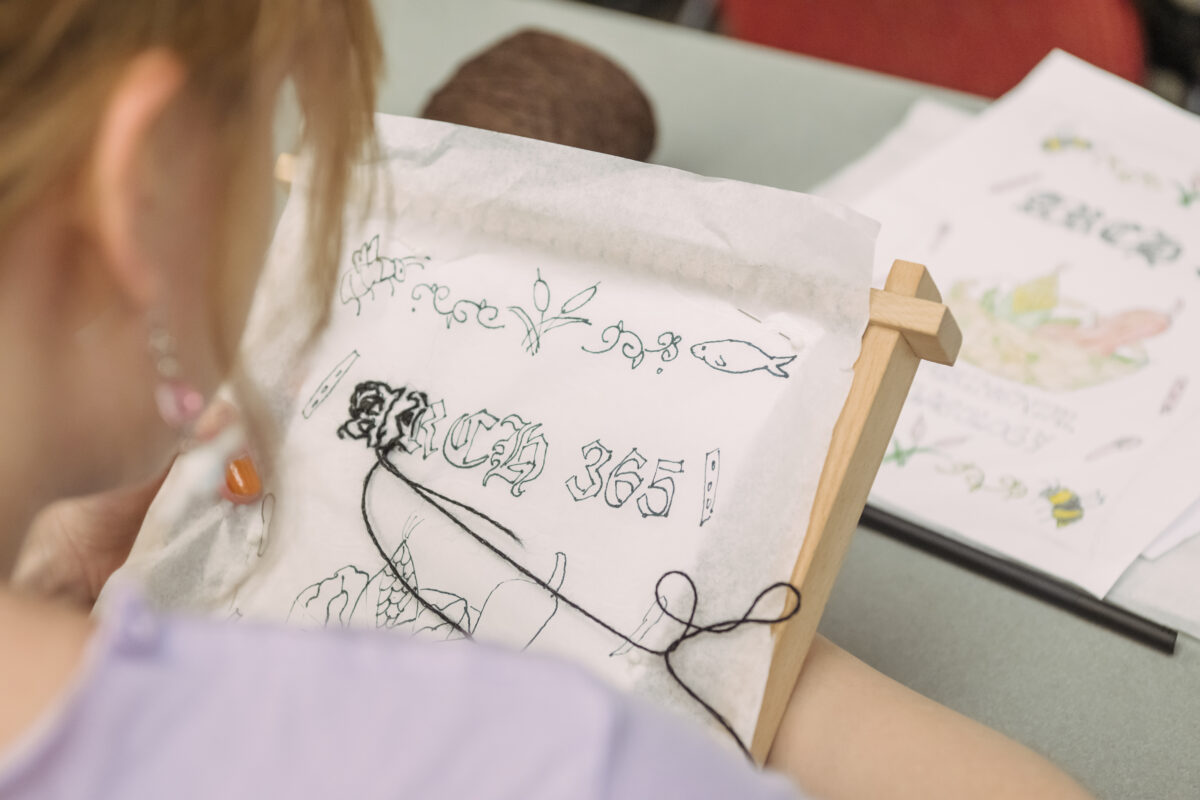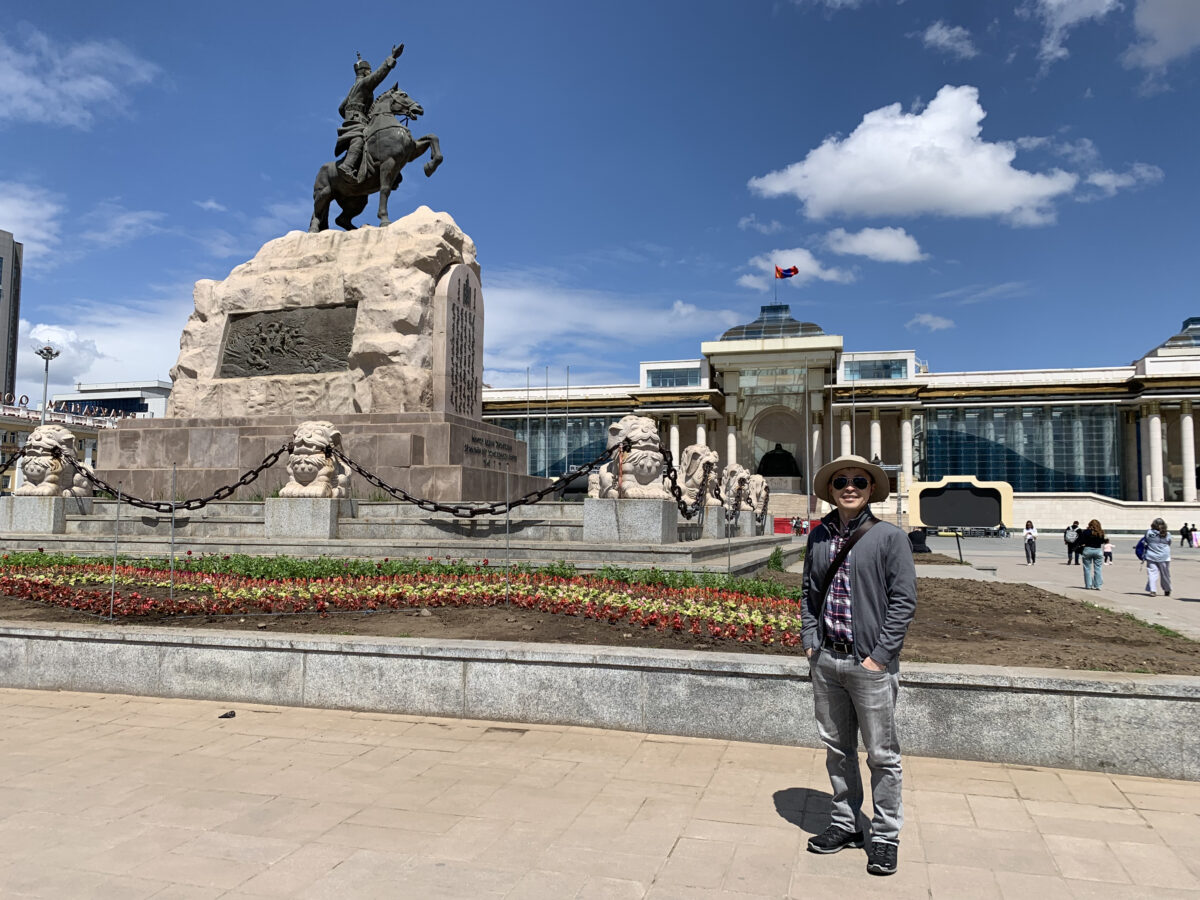![]()

UMBC Presidential Teaching Professor Robert Deluty is a clinical psychologist and published poet.
The Poetry of Experience
As a clinical psychologist, Presidential Teaching Professor Robert Deluty has devoted his adult life to exploring the workings of the human psyche. Recent years, however, have seen his work take a more creative turn. In addition to being a researcher, psychotherapist, and award-winning mentor, Deluty is also a poet whose work has appeared in publications such as The Baltimore Evening Sun and The Wall Street Journal.
Psychology is Delutys first passion and his research interests have ranged widely throughout the course of his career. In his graduate work and early years at UMBC, he explored the development and treatment of aggressive and submissive behavior in children. He now focuses on how clinical psychologists treat their patients, from ways of assisting clients in making moral and ethical decisions to the influence of religious beliefs on approaches to therapy.
Deluty began his creative writing career almost 11 years ago when his wife encouraged him to write about a deeply personal event from his own life the moments leading up to the arrival of his second adopted child. We were waiting for our son to arrive from Korea, he recalls, and it led me to think about my relationship with my own father, who had passed away several years before. This experience led to an essay that, much to Delutys surprise, was published in The Baltimore Evening Sun.
He turned to writing poetry after a failed attempt at an essay evolved into a publishable poem. He has since published over 500 poems in a variety of publications, including his book, Within and Between, released in 2000. Delutys poetry takes many forms, although he most frequently writes in a Japanese poetic form called senryu. Senryu share the same structure as haiku, but, unlike haiku, usually describe human subjective situations and are often satiric, pathetic, or ironic. Like his first essay, much of his poetry comes directly from his own experiences with his family and work.
Delutys creative endeavors have not stopped his work in psychology. In fact, his latest research finds common ground within the two fields. In a recent article published in the Journal of Poetry Therapy, Deluty explores the common processes and goals of a psychotherapist and a writer of haiku or senryu poetry. The psychotherapist and the senryu writer share characteristics such as the desire to bring about new awareness or insight in their audience and the need to be absolutely genuine in the feelings and attitudes they express, says Deluty. My writing has made me a better psychotherapist and my work as a psychotherapist has made me a better poet because these common goals and processes reinforce each other in all aspects of my work.
Click here to read Robert Delutys poetry.



